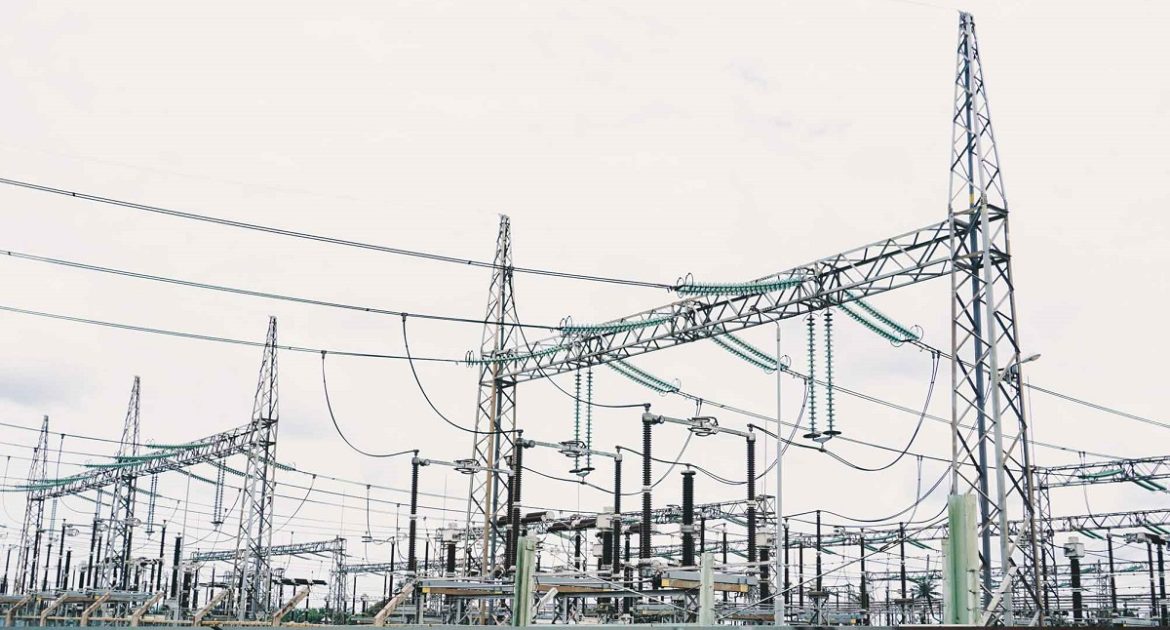A recent report by the World Bank stated that businesses in Nigeria lose approximately $29bn annually as a result of the country’s unreliable power supply.
It was observed that lack of reliable power supply is a significant constraint for citizens and businesses and Nigeria had the largest number of people without access to electricity in the world, as every one in 10 people without access to electricity now reside in Nigeria.
Nigeria ranks 171 out of 190 countries in getting electricity and electricity access is seen as one of the major constraints for the private sector.
The organisation’s stand was contained in the Power Sector Recovery Programme fact sheet which was presented during the World Bank virtual dialogue with energy reporters on Wednesday.
Based on the presentation done by Ashish Khanna, WHO, Practice Manager, West and Central Africa Energy, it reads: “Businesses in Nigeria lose about $29bn annually because of unreliable electricity. Nigerian utilities get paid for only half of electricity they receive.
“For every N10 worth of electricity received by Discos (distribution companies), about N2.60 is lost in poor distribution infrastructure and through power theft and another N3.40 is not being paid for by customers.
“Six in 10 of registered customers are not metered, and their electricity bills are not transparent and clear. This contributes to resistance to pay electricity bills.”
The PSRP document presented by the bank stated that only 51 per cent of installed capacity was available for generation, as an average Nigerian consumed four times less energy than her counterpart in a typical lower middle-income country.
It, however, noted that every Nigerian paid less for electricity than what it costs to supply electricity to them.
The document added that the government for years was paying the difference because the government wanted to help poor Nigerian families to pay their bills.
According to it, “But richer families use more electricity; so a big chunk of government support ends up going to those who do not need help with paying bills.”
On the PSRP, the bank described it as a comprehensive response to Nigeria’s power challenges to renew the country’s economy by rebuilding a functioning and fair power sector.
It also stated that between June 2020 and February 2021, the World Bank Board approved $1.25bn financing to support the government in its efforts to reset the power sector.

